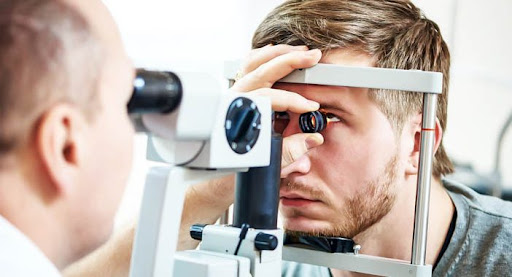
Department : Opthlamology
Fasting Required? : No
Home Services Available? : No
A Retinopathy Test is a diagnostic examination used to detect damage to the retina, the light-sensitive tissue at the back of the eye. Retinopathy, particularly diabetic retinopathy, occurs when the small blood vessels in the retina are damaged, often due to chronic conditions like diabetes or high blood pressure. Early detection through this test is crucial to prevent vision loss and manage the condition effectively.
A Retinopathy Test is non-invasive, quick, and critical for preserving eye health, particularly for individuals with systemic conditions like diabetes. Early diagnosis and proper management significantly reduce the risk of vision impairment or blindness. Regular screening is essential for those at risk.